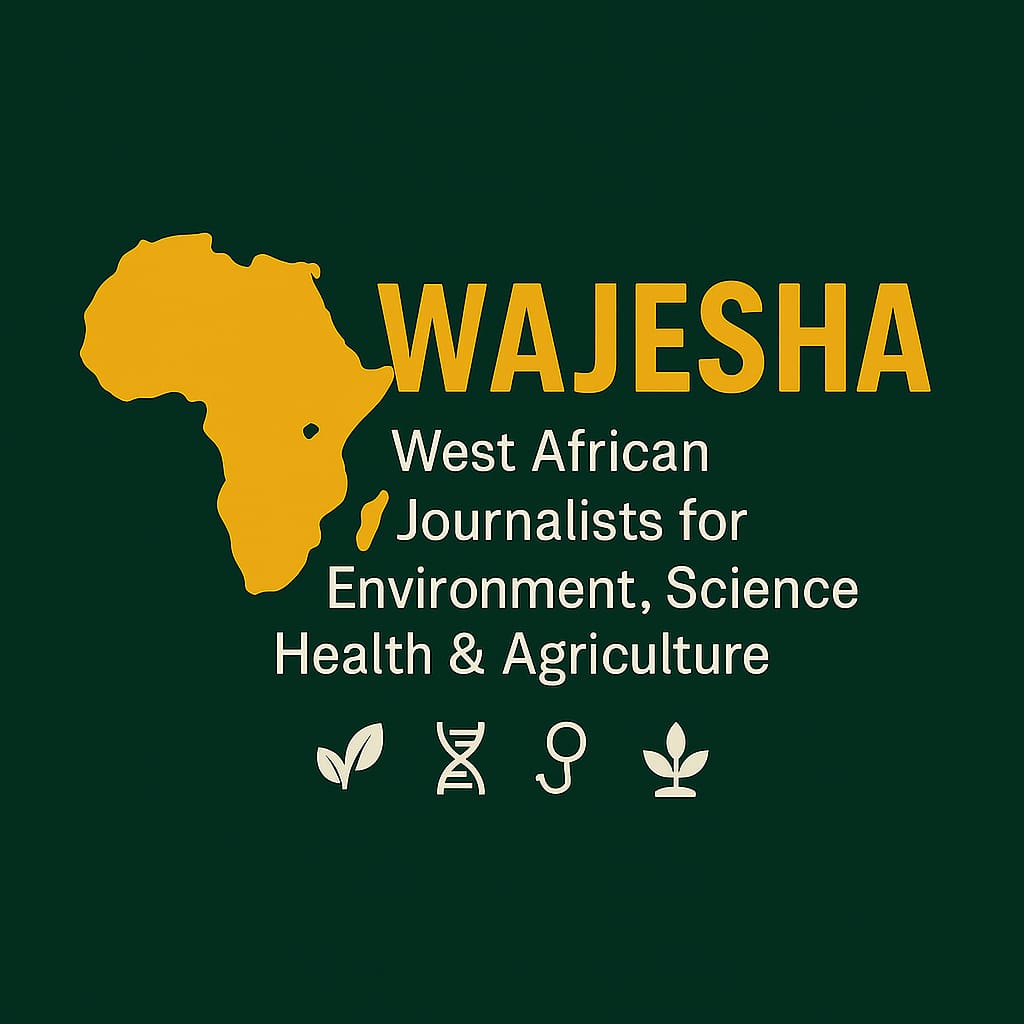Senior Communication Officer at the African Population and Health Research Center (APHRC), Assane Diouf, has called on journalists to connect health and climate change stories in ways that inspire action.
He made this call on Friday during the launch of the West African Journalists for Environment, Science, Health and Agriculture (WAJESHA).
Diouf said journalists have a big role in making complex science and data easy for the public to understand.
“You must be translators of science, to make knowledge, evidence, and data accessible without losing its integrity,” he told participants.
He explained that health, agriculture, the economy, and the environment are deeply connected, and reporting should reflect those links.
“The first point is to connect the dots between environment, agriculture, health and the economy,” he noted.
According to him, journalists can help turn data into real stories by showing how climate change affects people’s daily lives.
“We must humanize the data so that it is understood more easily and can influence action,” he said.
Diouf stressed that building trust with audiences and working closely with researchers is key to credible reporting.
He urged WAJESHA journalists to use their skills to amplify science and influence urgent policies.
Also speaking, Nii Commey, Head of Communication, at the West African Science Service Center on Climate Change and Adapted Land Use (WASCAL) revealed that less than 0.1% of Nigerian news coverage focuses on climate change.
“Research has shown that less than 0.1 percent of newspaper content in Nigeria addresses climate change,” he said.
“And when it does appear, it is usually tied to disasters or international events like COP meetings.”
According to him, most African media houses treat climate change as an event-driven subject, unlike in Western countries where newspapers regularly dedicate space to environmental issues.
“Until there is a summit, a flood, or a major disaster, the topic hardly gets attention in our newspapers,” he added.
Commey urged journalists to pay attention to local practices and cultural knowledge, which he said are often ignored in mainstream reporting. “Sacred forests, taboo days, and indigenous conservation practices have preserved the environment for generations. We must tell these stories too, and acknowledge their value,” he said.
He concluded by reminding journalists of their duty to hold governments accountable.
Launching WAJESHA officially, Engr. Mahmud Mohammed-Nurudeen, Executive Director of the Centre for Climate Change and Food Security (CCCFS), said the platform was born out of necessity after years of rejection from international funders.
“Millions across West Africa are suffering from climate change, food insecurity, pollution, and weak health systems, yet their stories are ignored. We asked ourselves: If journalists don’t tell these stories, who will?,” he asked.
The six-week biodiversity reporting training held earlier for over 30 West African journalists was organized in partnership with The North Journals (Nigeria) and supported by India’s Centre for Science & Environment laid the foundation for the network.

